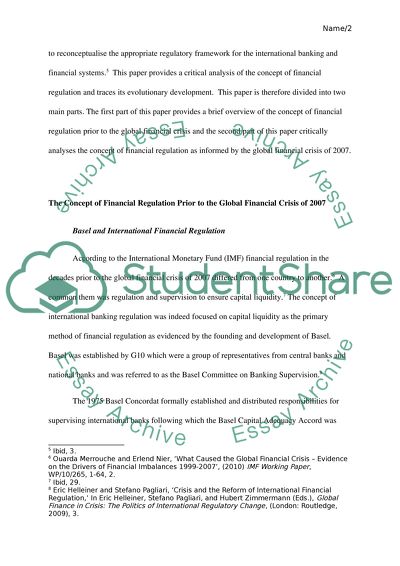Cite this document
(“International Financial Law: Critically discuss the concept of Assignment”, n.d.)
International Financial Law: Critically discuss the concept of Assignment. Retrieved from https://studentshare.org/law/1610399-international-financial-law-critically-discuss-the-concept-of-financial-regulation-and-its-scope
International Financial Law: Critically discuss the concept of Assignment. Retrieved from https://studentshare.org/law/1610399-international-financial-law-critically-discuss-the-concept-of-financial-regulation-and-its-scope
(International Financial Law: Critically Discuss the Concept of Assignment)
International Financial Law: Critically Discuss the Concept of Assignment. https://studentshare.org/law/1610399-international-financial-law-critically-discuss-the-concept-of-financial-regulation-and-its-scope.
International Financial Law: Critically Discuss the Concept of Assignment. https://studentshare.org/law/1610399-international-financial-law-critically-discuss-the-concept-of-financial-regulation-and-its-scope.
“International Financial Law: Critically Discuss the Concept of Assignment”, n.d. https://studentshare.org/law/1610399-international-financial-law-critically-discuss-the-concept-of-financial-regulation-and-its-scope.


